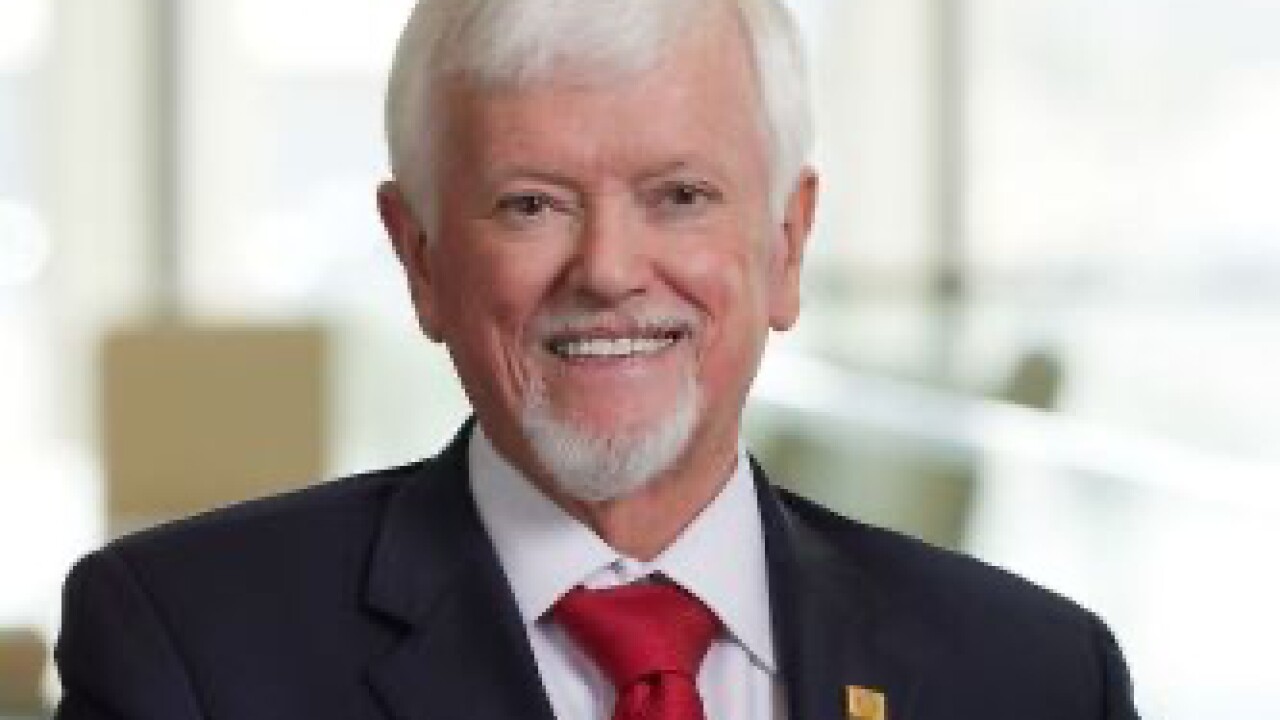WASHINGTON — Freddie Mac's $200 million loss for the first quarter is sparking more calls for the Obama administration to stop the sweep of profits of the government-sponsored enterprises so that they can rebuild capital.
Freddie started 2016 with $1.2 billion in capital, so it can absorb the loss without seeking a draw from the U.S. Treasury. But the capital cushion will automatically be reduced to $600 million in 2017 and to zero by the end of 2018.
The Independent Community Bankers of America "continues to call on Federal Housing Finance Agency Director Mel Watt and Treasury Secretary Jacob Lew to end this destructive sweep of the government-sponsored enterprises' revenues," ICBA President and CEO Camden Fine said Tuesday in a statement.
-
Freddie Mac Chief Executive Donald Layton insisted Tuesday that the government-sponsored enterprise showed "very strong fundamentals" in the third quarter, despite reporting a $501 million loss due to an accounting mismatch with its use of derivatives.
November 3 -
Leadership Conference on Civil and Human Rights wants to recapitalize Fannie Mae and Freddie Mac to provide a secure source of funding for affordable housing.
July 2 -
The White House is pushing back on suggestions that it will cut a deal to recapitalize Fannie Mae and Freddie Mac before the end of President Obamas term, putting the pressure back on Congress for a solution.
October 19
Freddie's loss "resulted from significant volatility in interest rates and the impact of the accounting rules that apply to activities designed to hedge against such interest rate movements," Watt said in a statement. "We have repeatedly warned that this combination could result in losses and that these losses could result in the possibility of draws as the capital buffers for Freddie Mac and Fannie Mae are reduced over time."
Yet the FHFA did not indicate any change is coming regarding an effort to rebuild the GSEs' capital.
"This is an early warning sign," said Scott Olson, executive director of the Community Home Lenders Association, and "it heightens the urgency for FHFA to stop the profit sweeps. If Freddie reports profits in the second quarter, they should be able to retain their profits. We believe Watt has that authority."
The Community Mortgage Lenders of America also called on the FHFA to take immediate action to allow Freddie Mac and Fannie Mae to rebuild the capital.
"On behalf of our small and independent mortgage lender members, the CMLA urges FHFA director Mel Watt to immediately address the risk posed by inadequate capital for Fannie Mae and Freddie Mac," said Glen Corso, the group's executive director. "Running a major portion of the U.S. housing finance system on a diminishing level of capital, and relying upon a line of credit to the U.S. Treasury as a substitute for capital, is not a sensible solution."
Fannie reports its first-quarter results Thursday.
"By stripping Fannie Mae and Freddie Mac of 100% of their profits every quarter since 2012, the Treasury Department put taxpayers on the hook for any future losses by either of the companies, and we're now seeing this play out in real time," said Tim Pagliara, executive director of Investors Unite, which represents Fannie and Freddie shareholders.
"It's time to reverse the sweep and to protect the taxpayers by allowing these companies to begin rebuilding capital."
The Treasury's refusal to allow the GSEs to rebuild their capital will lead to another government bailout, according to Wade Henderson, president and CEO of the Leadership Conference on Civil and Human Rights.
"We are inevitably headed toward a path of yet another taxpayer-funded bailout, which should be unthinkable eight years after the financial crisis, and which is even worse because it appears to be by design," Henderson said Tuesday.
Freddie's loss also stoked concerns on Capitol Hill.
"This development reinforces my concern over current federal policy regarding the GSEs, who have more than fully repaid the funds they borrowed during the 2008 financial crisis," said Rep. Michael Capuano, D-Mass., a member of the House Financial Services Committee. "Despite this, they must continue sweeping all their profits to the Treasury Department. The policy needlessly prevents them from building a capital reserve, which leaves taxpayers vulnerable in the event of a future crisis."





